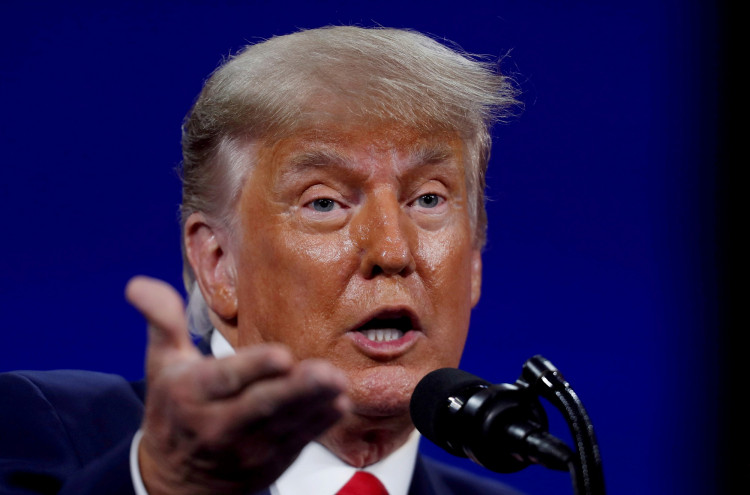Donald Trump's history of deferments during the Vietnam War and his subsequent remarks about military heroes have sparked a heated debate about the former president's stance on service and sacrifice. Critics argue that Trump's comments reflect a broader pattern of disrespect toward those who have served, while also highlighting his own avoidance of military duty.
Trump's behavior has been characterized by some as an attempt to overshadow his own lack of military service. Dr. Gilda Carle, a psychologist, suggested that Trump's actions might be rooted in personal insecurities. "He's obviously very sensitive about his own lack of military service," Carle stated, implying that Trump's attacks could be a defense mechanism to divert attention from his own service record-or lack thereof as reported by GLOBE.
This narrative gained traction with revelations that Trump received five deferments during the Vietnam War, the most controversial of which was for bone spurs in his heels-a condition diagnosed by Dr. Larry Braunstein, a podiatrist who rented office space from Trump's father, Fred C. Trump. Braunstein's daughter, Dr. Elysa Braunstein, later revealed that the diagnosis was likely fabricated as a favor to the Trump family, a claim that casts a long shadow over Trump's draft record.
Trump's disdain for military figures who have endured captivity or injury has been well-documented. His criticism of Senator John McCain, who spent nearly six years as a prisoner of war in Vietnam, is particularly infamous. Trump stated in 2015, "He's not a war hero. He was a war hero because he was captured. I like people who weren't captured."
This remark, among others, has fueled the perception that Trump lacks empathy and respect for the sacrifices made by service members.
Moreover, Trump's derogatory comments have not been limited to political adversaries. Marine Gen. John Kelly, Trump's former chief of staff, recounted an incident in which Trump disparaged Army Capt. Luis Avila, a veteran severely wounded in Afghanistan, questioning the appropriateness of his presence at a military event. Kelly's recollection of Trump's words, "Why do you bring people like that here? No one wants to see that, the wounded!" underscores the controversy surrounding Trump's attitude toward injured veterans.
The broader implications of Trump's remarks and his draft deferment history continue to stir controversy, raising questions about his leadership and values. As Trump remains a prominent figure in American politics, his complex relationship with the military and its veterans remains a contentious and defining aspect of his public persona.






